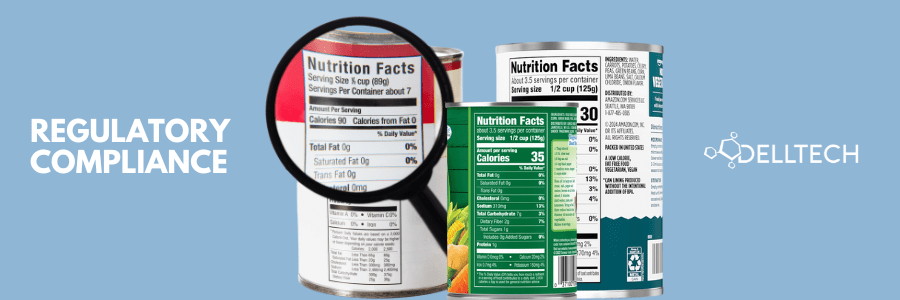What It Means for Businesses and Consumers
The Ontario government has recently finalized amendments to four of its producer responsibility regulations, marking a significant shift in how waste management and recycling are approached in the province. These amendments are part of a broader effort to improve waste diversion, reduce environmental impact, and foster a more sustainable circular economy. Under the updated regulations, businesses will now face greater responsibility for the environmental impacts of their products, from production to disposal.
What Producer Responsibility Regulations Have Been Amended?
The finalized amendments affect the following regulations:
- Tires Regulation (O. Reg. 225/18)
- Batteries Regulation (O. Reg. 30/20)
- Electrical and Electronic Equipment (EEE) Regulation (O. Reg. 522/20)
- Hazardous and Special Products (HSP) Regulation (O. Reg. 449/21)
Not only do the changes ensure that products are recycled or disposed of properly, but they also create programs that promote waste reduction, reuse, and recycling. Under the new regulations, businesses that produce or import products such as packaging, electronics, and hazardous materials are now required to establish and finance systems for the collection, recycling, and responsible disposal of these items.
Key Changes and Their Implications
These changes came into effect on January 1, 2025. One of the most notable changes is the requirement for producers to manage an expanded list of materials and products. Previously, regulations applied to specific categories such as paper and packaging; now, the amendments broaden the scope to include other materials like textiles, electrical devices, and batteries.
Producers must also submit detailed reports on the performance of their recycling programs, track the materials they handle, and ensure that consumers have easy access to recycling services. This new framework aims to make recycling more accessible, efficient, and effective, ultimately reducing the environmental impact of waste.
For businesses, this means adopting new practices and strategies to comply with these expanded requirements. Companies must now design their products with recycling and sustainability in mind, take responsibility for post-consumer waste, and contribute financially to the collection and recycling infrastructure.
Environmental And Economic Benefits
The Ontario government’s producer responsibility amendments are expected to offer several environmental and economic benefits. These changes will help drive innovation in recycling technologies and create new opportunities for businesses involved in waste management and environmental consulting. Additionally, consumers will benefit from improved access to recycling services, reducing waste and contributing to a cleaner, healthier environment.
Contact Dell Tech today to stay informed on evolving regulations impacting your products.
DELL TECH HAS PROVIDED PROFESSIONAL, CONFIDENTIAL CONSULTING SERVICES TO THE SPECIALTY CHEMICAL INDUSTRY IN CANADA, THE USA, EUROPE AND ASIA FOR THE LAST 40 YEARS.
[INSERT_ELEMENTOR id=5705]




